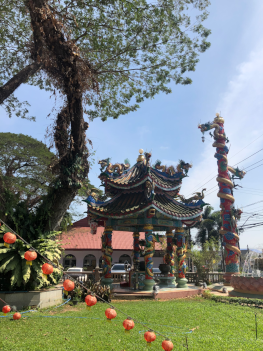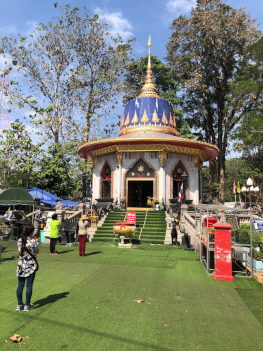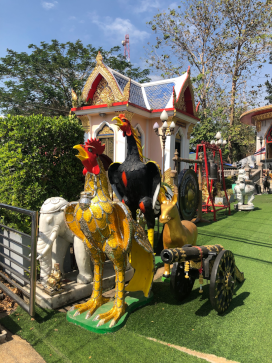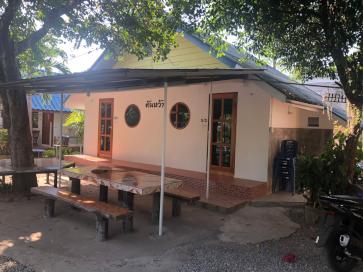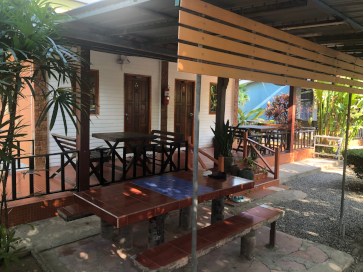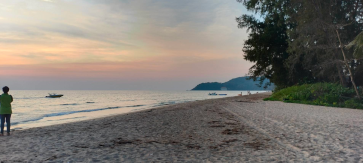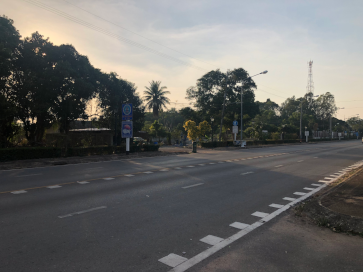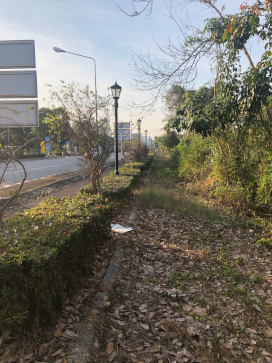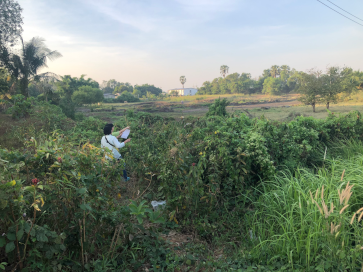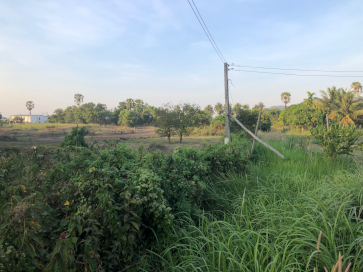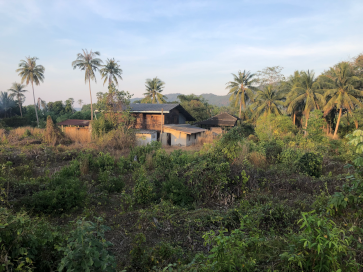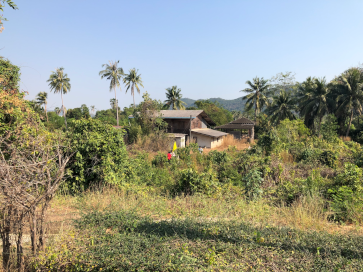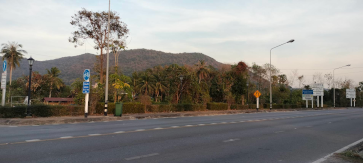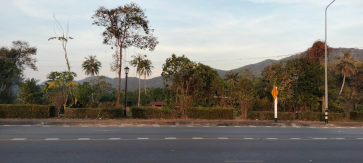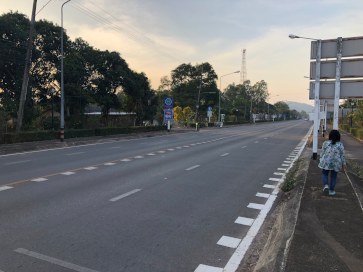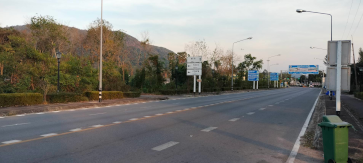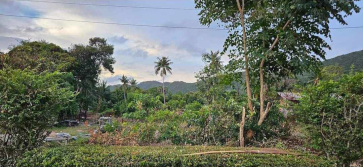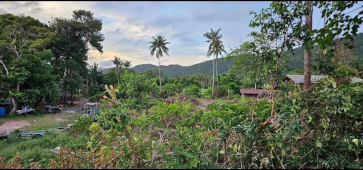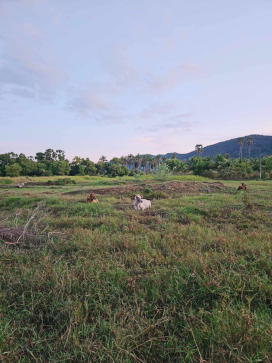Opportunities
We are currently offering two extensive land plots for sale, one with a proposed 12 Rai area, near Chao Lao Beach in Chanthaburi and the second one with an agreed area of 12 Rai, near the beach in the province of Prachuap Khiri Khan. Although most land sales are completed by Thais, foreigners also have the opportunity to purchase land. The following sections outline such a purchase at which point the land can be used for residential development of private villas or commercial development for resorts or hotel accommodation, subject to local planning approval.
Another option is to establish a Thai limited company, with a majority of the shares owned by Thais, to facilitate land ownership. The foreigner can then purchase the remaining shares and gain control over the company, indirectly acquiring ownership of the land. However, it's crucial to engage legal counsel well-versed in Thai real estate law to ensure a smooth and legally sound transaction. Additionally, understanding the cultural nuances and local practices is essential to navigating the property market successfully in Thailand.
It's important for foreigners to conduct thorough due diligence, ensuring they fully comprehend the legal implications and potential risks associated with land acquisition in Thailand. Local customs, language barriers, and the intricacies of Thai property laws should be taken into account to make informed decisions and avoid complications in the process.
Thailand values personal relationships, and building strong connections with local partners can significantly impact business success. Networking and face-to-face interactions are highly regarded, so investing time in cultivating professional relationships is crucial. Additionally, demonstrating respect for Thai customs, such as the traditional greeting known as the "wai," showcases cultural sensitivity and fosters positive business relationships.
Navigating the regulatory landscape is another key aspect. While Thailand welcomes foreign investment, compliance with local laws and regulations is imperative. Engaging local legal expertise can help navigate licensing requirements, tax regulations, and other legal nuances specific to the Thai business environment. Embracing a collaborative and adaptable approach is essential, as Thai business culture often values flexibility and creative problem-solving.
In summary, foreigners looking to do business in Thailand should prioritize relationship-building, cultural awareness, and a comprehensive understanding of the local business landscape. By blending respect for Thai customs with a strategic approach to legal and regulatory compliance, businesses can position themselves for success in this dynamic and promising market.
- Ngan: One rai is further divided into four equal parts called ngan. Therefore, one ngan is equivalent to 400 square meters.
- Wah or Talang Wah: The ngan is further subdivided into 100 square wah or talang wah. Each wah is approximately 4 square meters.
Land - Chanthaburi
The proposed 12 Rai of land for sale, is part of a 19 Rai plot, near Chao Lao Beach in Chanthaburi.
The details below show the exact location along with some further information about the land area. The owner is looking for offers in the region of:
THB ฿90,000,000 : GBP £2,050,000 : USD $2,650,000 : EUR €2,460,000 [Currencies]
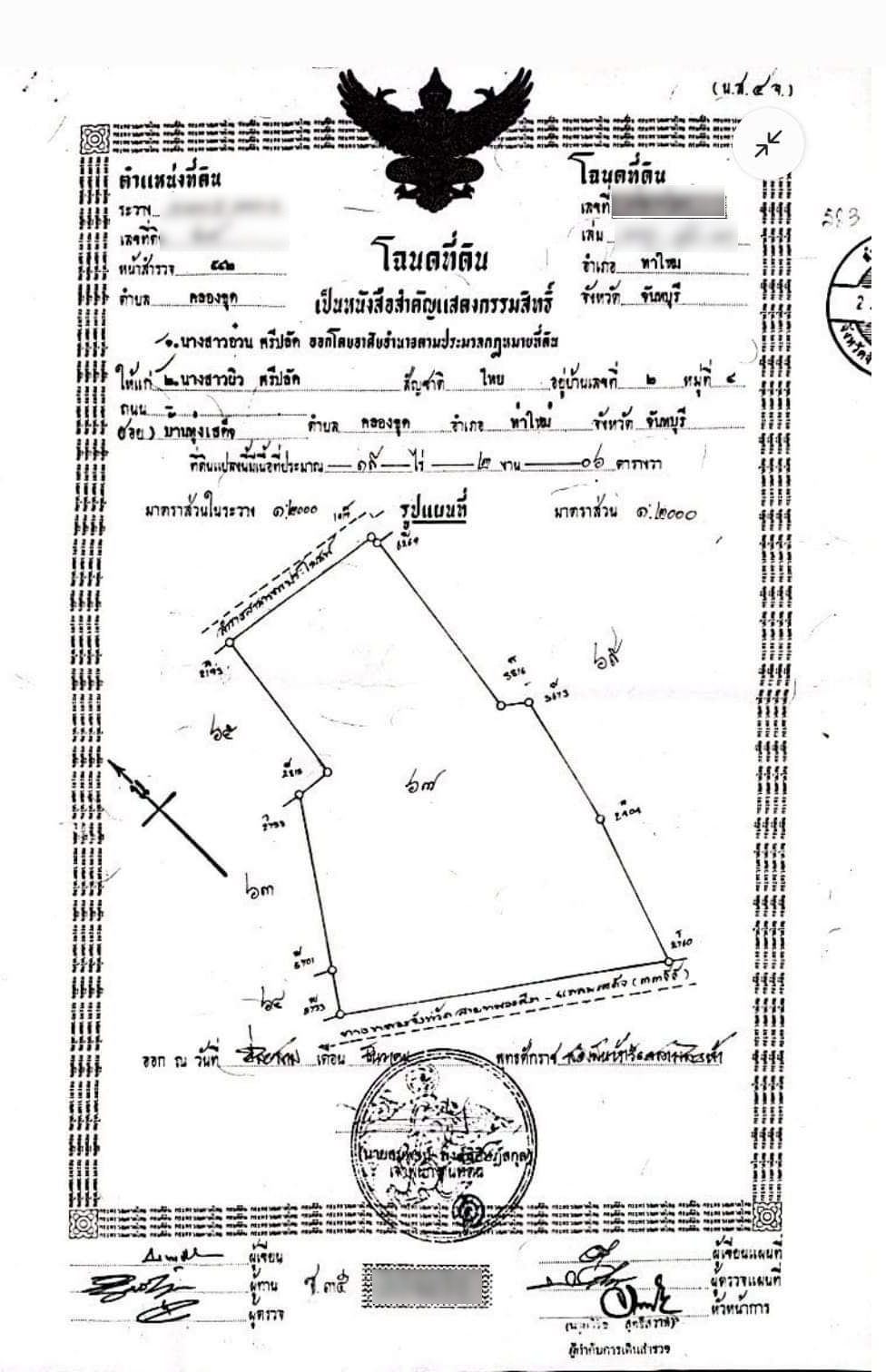
the total 19 Rai of Land.
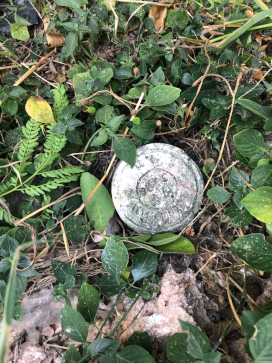
on this plot of land.
Chanthaburi
Chanthaburi is a picturesque province located in the eastern part of Thailand. Known for its natural beauty, historical significance, and cultural diversity, Chanthaburi offers a unique blend of attractions for visitors. Here are some key features of Chanthaburi province:
- Fruit Orchards: Chanthaburi is renowned for its lush fruit orchards, particularly durian, rambutan, mangosteen, and the world-famous Chanthaburi mangosteen. The province's fertile soil and favorable climate make it an ideal region for agricultural activities.
- Gem and Jewelry Industry: Chanthaburi is a major hub for the gem and jewelry industry in Thailand. The city of Chanthaburi itself is known as the "City of Gems." Visitors can explore gem markets where precious stones are bought, sold, and traded.
- Historical Sites: The province boasts a rich history, evident in its historical sites. Notable landmarks include the Cathedral of the Immaculate Conception, a stunning Catholic church with French-inspired architecture, and the Old Town Chanthaboon Waterfront, a preserved area reflecting the province's historical charm.
- Natural Attractions: Chanthaburi features several natural attractions, including waterfalls, national parks, and scenic landscapes. Namtok Phlio National Park is famous for its waterfall and historical sites, while Khao Kitchakut National Park is home to the sacred Phra Phutthabat Chamlong Khao Chitchakut, a footprint of Lord Buddha.
- Annual Events: The province hosts various festivals and events, such as the Chanthaburi Fruit Festival, where visitors can indulge in a wide array of tropical fruits. Additionally, the Chanthaburi Gem and Jewelry Festival attracts gem enthusiasts and traders from around the world.
Chanthaburi is a destination that appeals to nature lovers, history enthusiasts, and those interested in exploring the cultural and economic facets of Thailand. The province's diverse attractions make it a captivating place to visit in the eastern part of the country.

